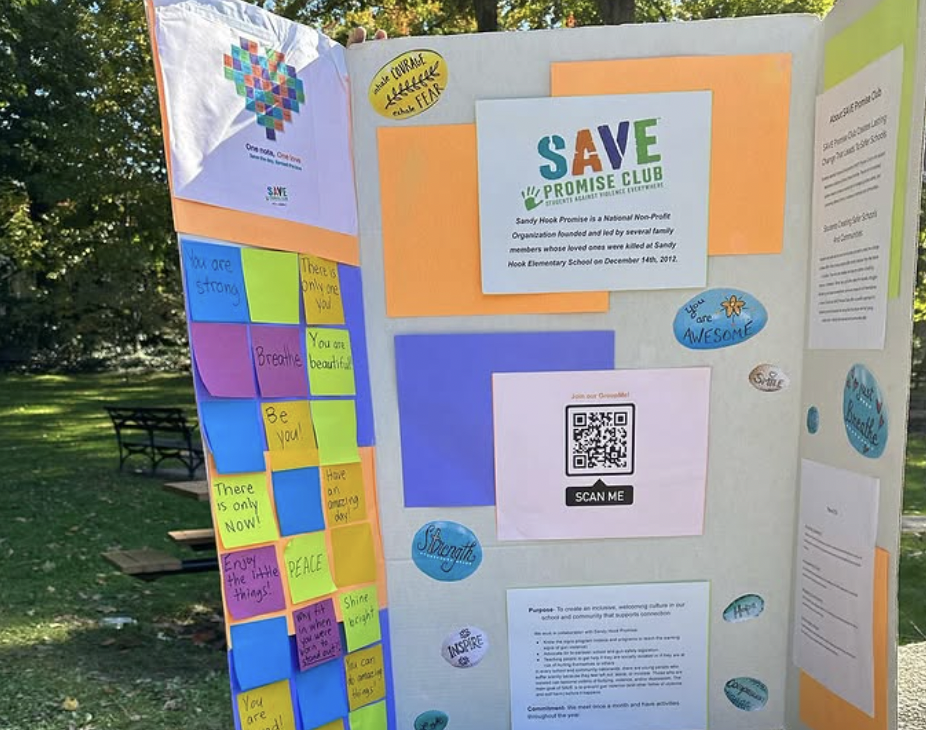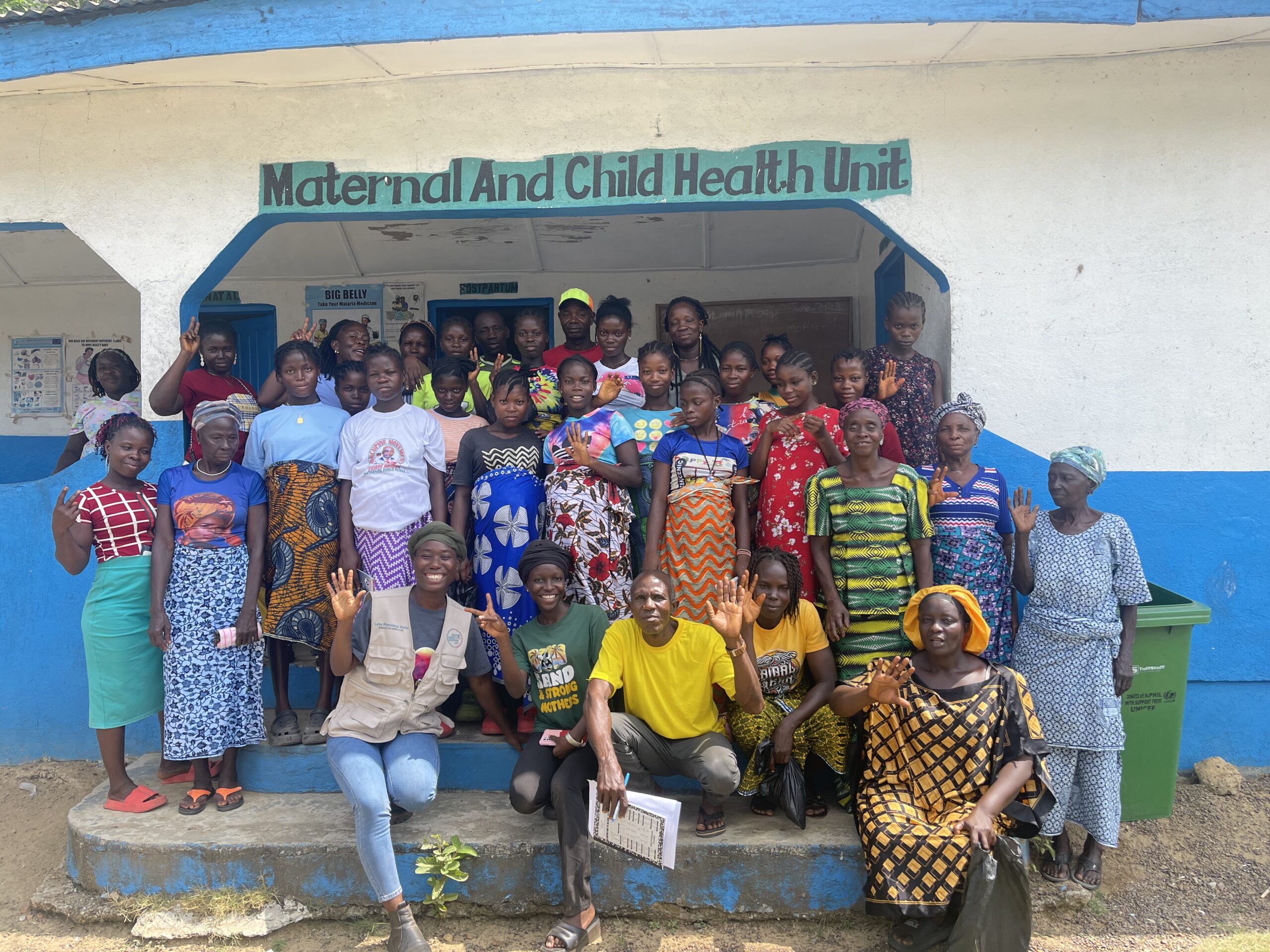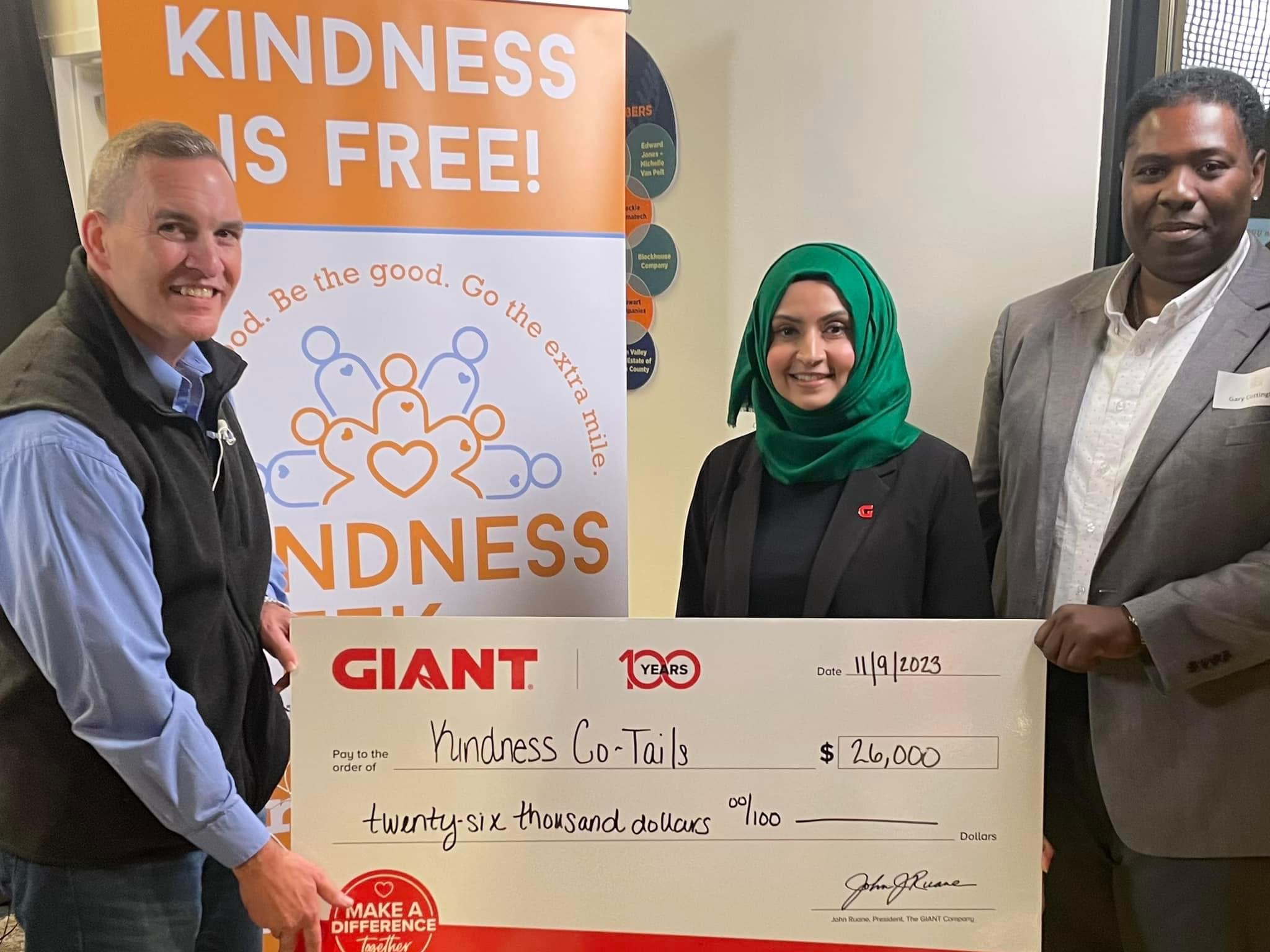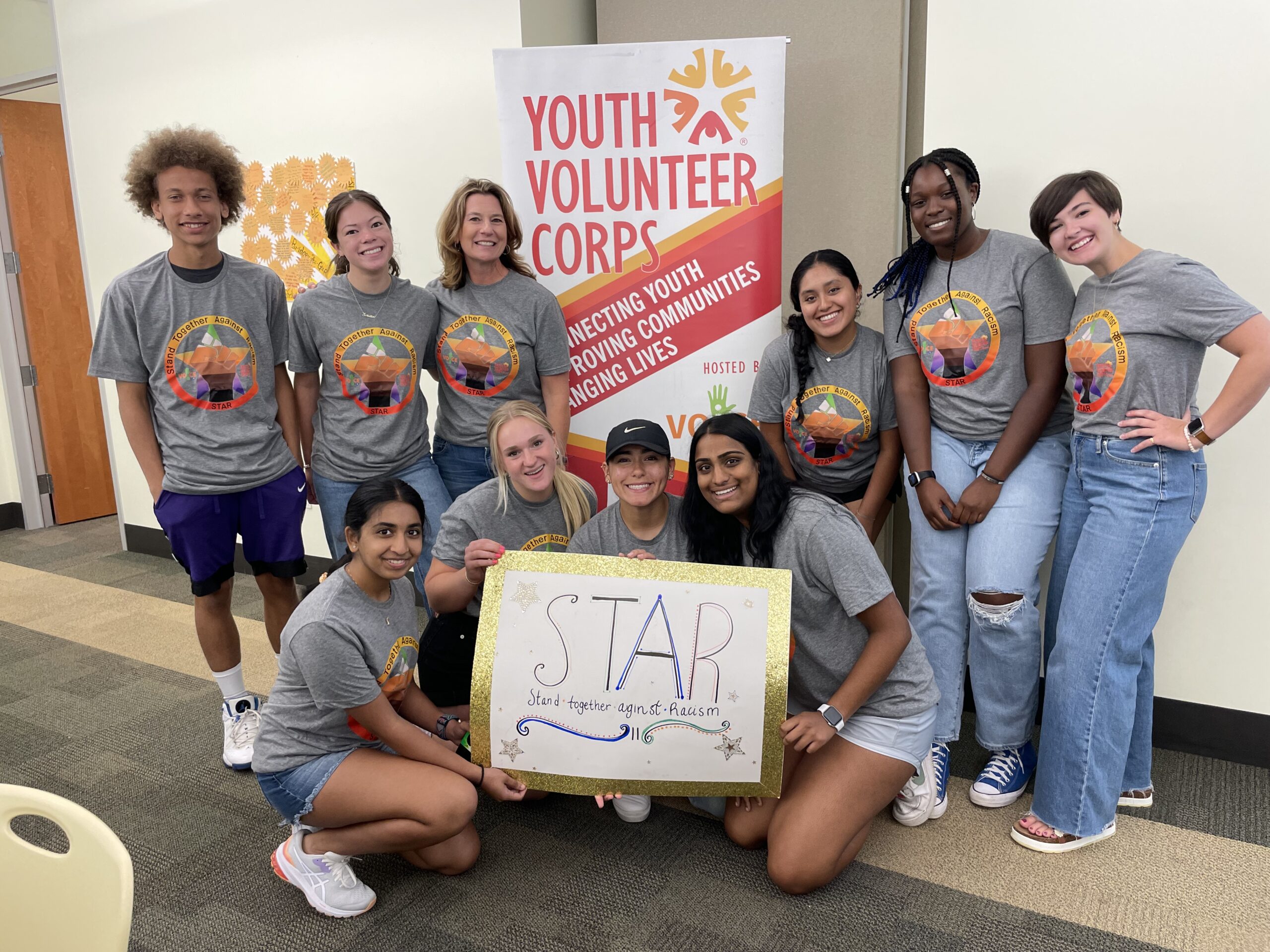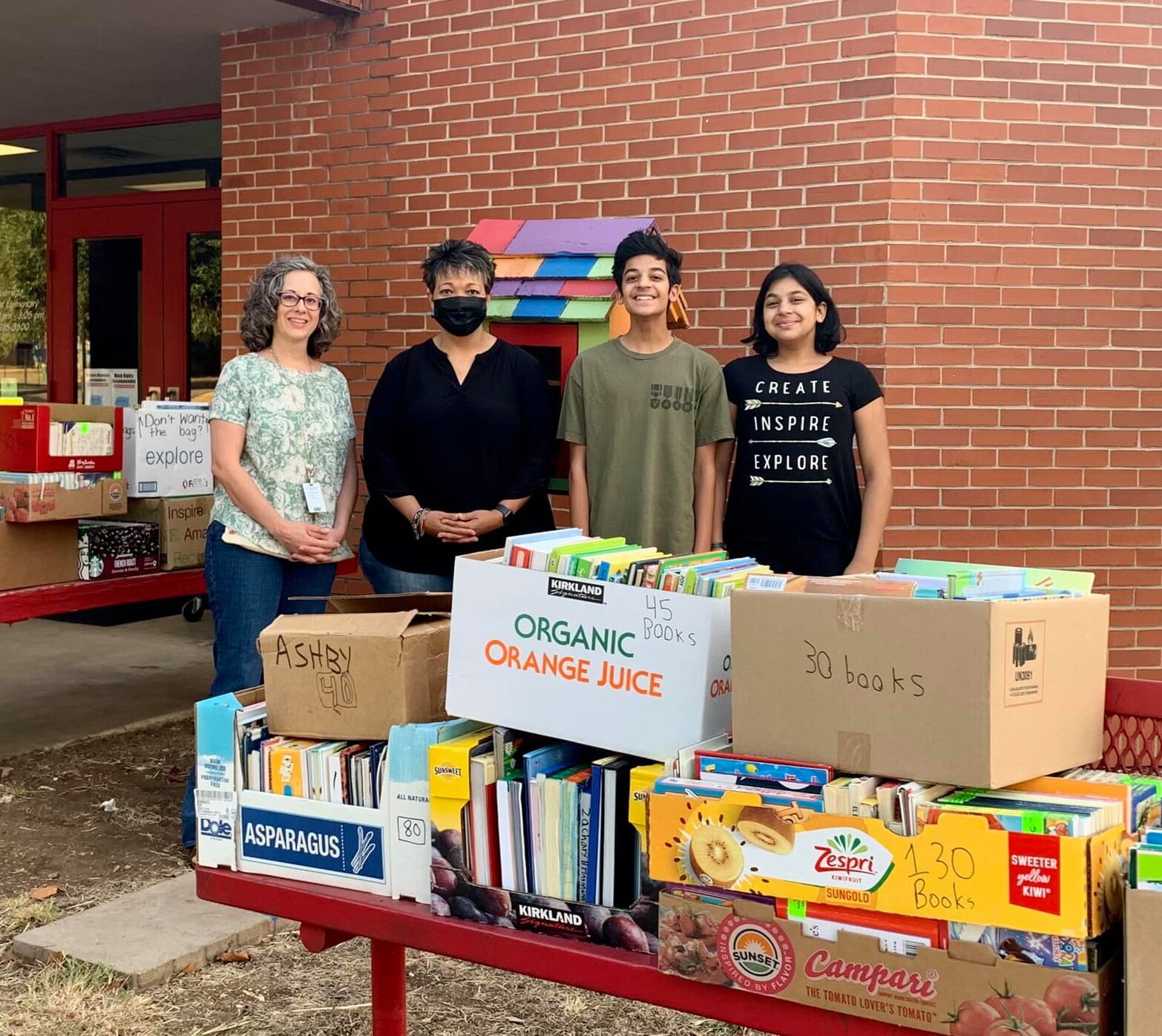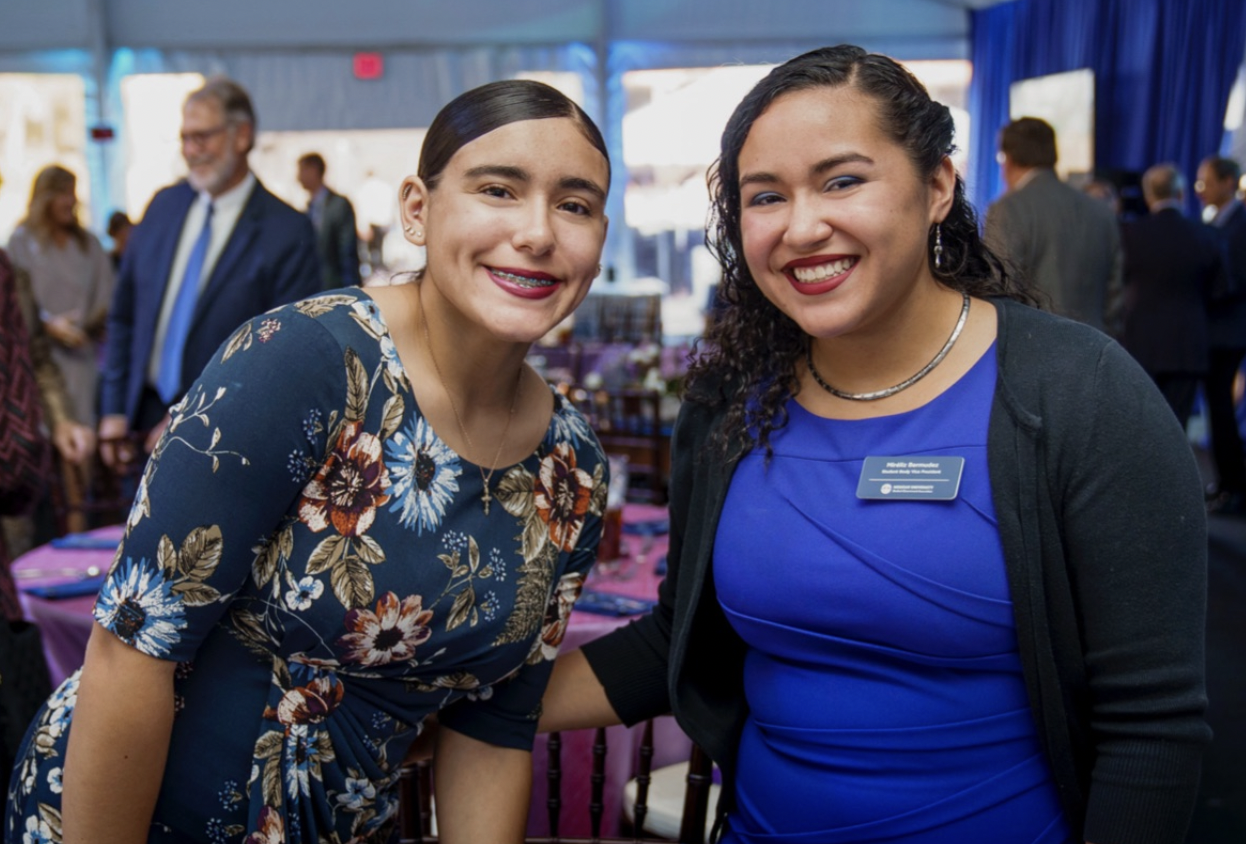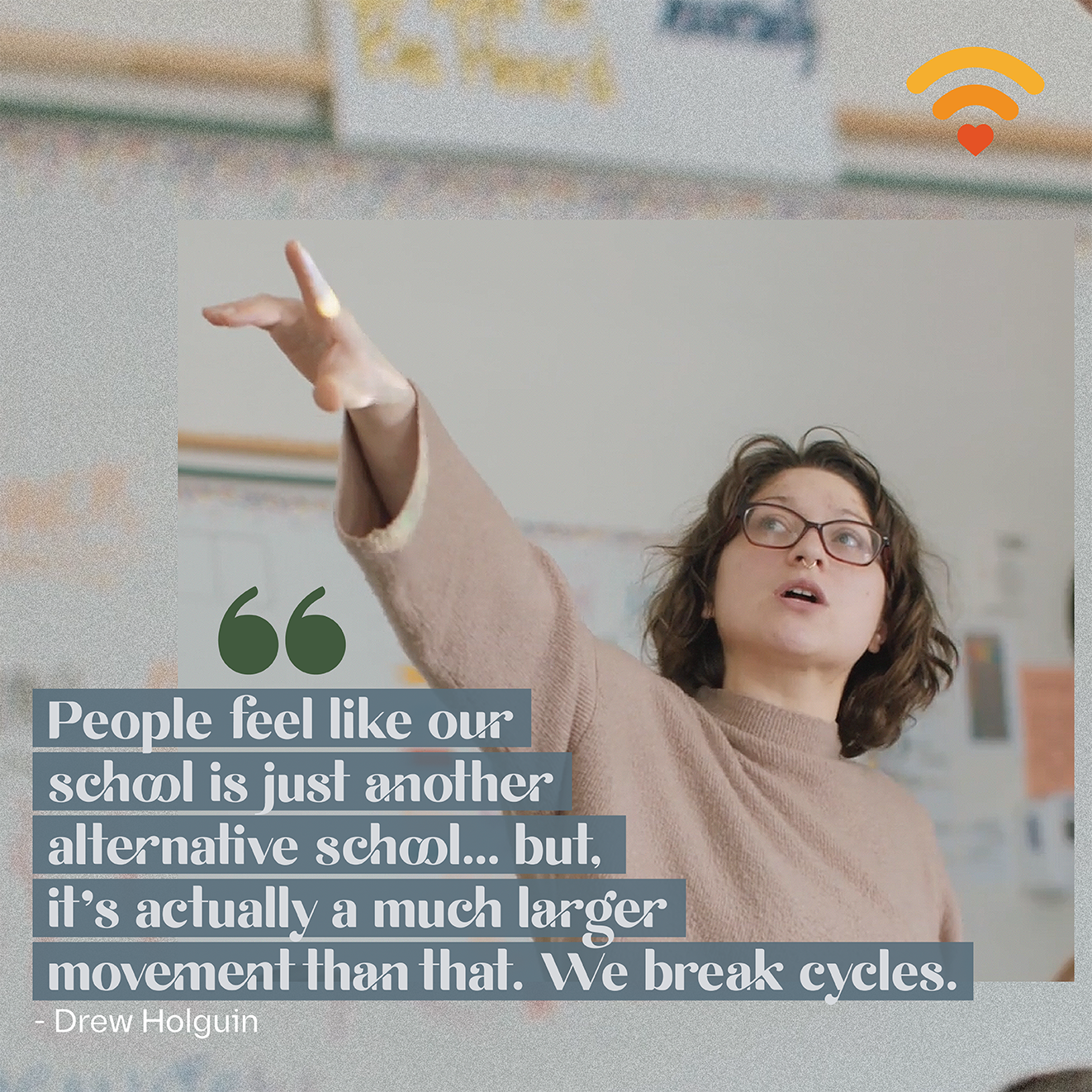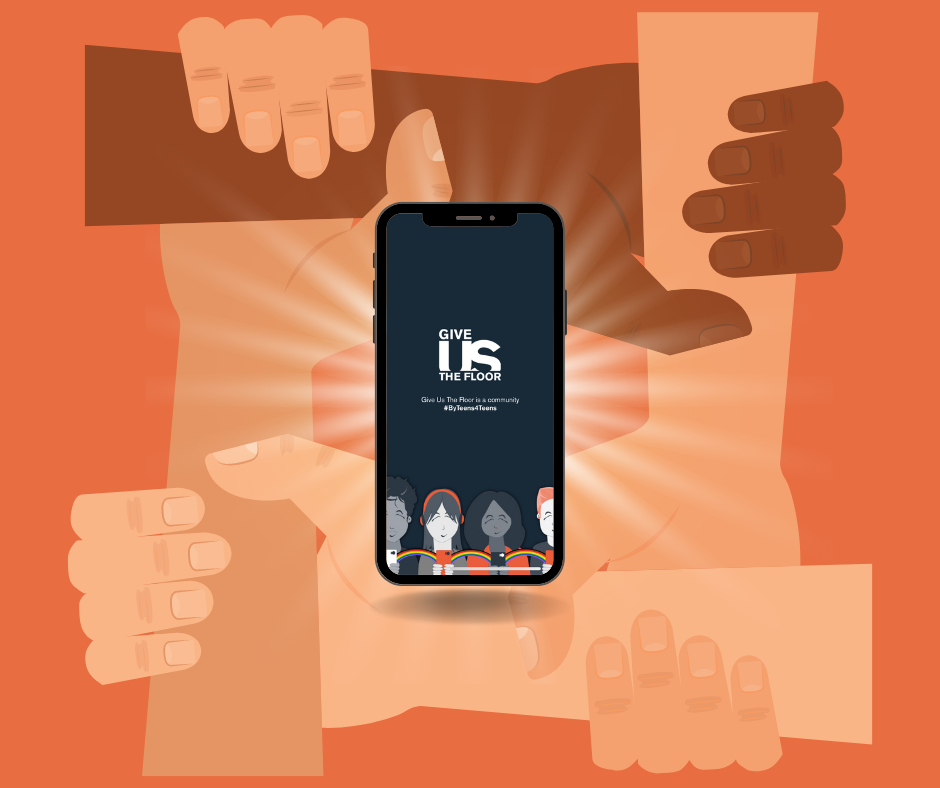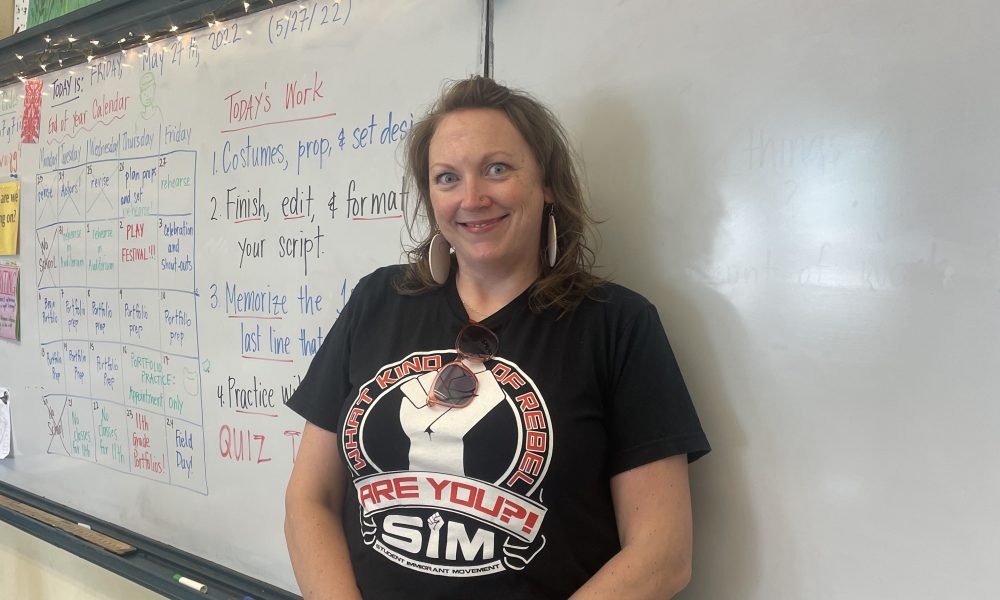Living an hour outside of Minneapolis, MN, you can’t turn on the TV without hearing the name George Floyd. At first, when the horrific video of his murder at the hand of a police officer hit the internet, I wanted to look away in discomfort. But then, it hit me: so many people do not have the choice to look away, and instead are forced to face it head on in their daily lives as a result of systemic racism. So instead of looking away, I forced myself to watch as George Floyd exclaimed “I can’t breathe.” Then, I was forced to grapple with how it affected–and doesn’t affect–me.
The blunt truth of the matter is that I benefit from systemic racism every day, no matter what other circumstances or “isms” I face, because I am, and will always be, white. I don’t have to worry about getting unnecessarily pulled over by law enforcement, people believe my pain, and products, like hair and makeup products, are automatically catered to my whiteness. It’s pervasive, traumatic, dates back centuries, and it hasn’t stopped with the Civil Rights Movement or Martin Luther King, Jr. It doesn’t mean that I don’t struggle, but as a white woman, I have certain privileges that those who are Black do not. Racism is at our country’s foundation, so Black people’s lives are affected everywhere from even the most simple daily interactions to school, job, and housing opportunities.
These systems that have been in place for hundreds of years have yet to be dismantled, but we have the power — and it starts by doing the work. If you want to take action as an ally but aren’t sure where to start, remember to:
- Recognize your privilege. This is a buzz phrase that often triggers debate, but it’s important to recognize the privileges that having white skin affords us. Solving systemic problems means recognizing our place within those systems, and it takes work.
- Educate yourself on the issues that the Black community faces. This also takes work. Don’t expect to be educated by those directly affected – rather, take the time to educate yourself. There are many books on this topic including White Fragility: Why It’s So Hard for White People to Talk About Racism and I’m Still Here: Black Dignity in a World Made for Whiteness. This Teen Vogue article has great information about educating yourself and how you can get involved. You can also check out documentaries like 13th, available on Netflix.
- Listen to Black people + be willing to address your biases. Having difficult conversations is crucial to recognizing how deeply ingrained racism is in our society, and the number of ways by which we benefit from it as White people. When talking with Black people about their lived experiences, remember that those are real and valid, and that as White people, we have implicit biases about race, whether we recognize it or not. One example of implicit bias occurs when those with “Black sounding” names are denied jobs over those with “White sounding” names, even if a Black individual is more qualified for the position.
- Speak out. When you see injustice, it’s critical to recognize it and help amplify Black voices. There are a number of ways to do this. Protesting is great, however, if protesting is not accessible to you, there are a number of organizations and funds to donate to, like the NAACP Legal Defense and Education Fund, whose mission is to expand democracy, close disparities, and achieve racial justice, or Black Lives Matter. You can also donate to bail funds to free people across the U.S. Furthermore, you can use your own social media platforms to amplify Black voices and start the conversation with friends, family, and your community. Lastly, register to vote and amplify issues that disproportionately affect Black people at the ballot box. Click here to find information about voter registration in your area.
Ultimately, to confront and stand up to injustice requires discomfort. Discomfort in having difficult conversations, discomfort at how we take part in systemic problems –subconsciously or not–and discomfort at trying to put ourselves in someone else’s shoes, even for a moment. The next time you want to show kindness to someone with a different lived experience than you, remember the kindness of discomfort–and don’t be afraid to feel it.








